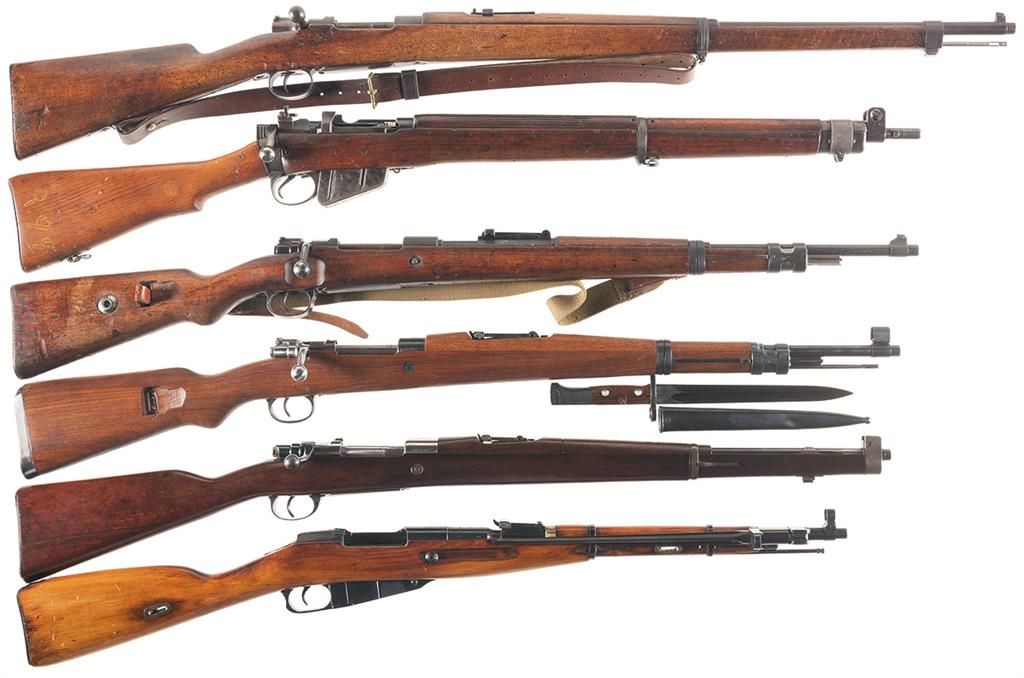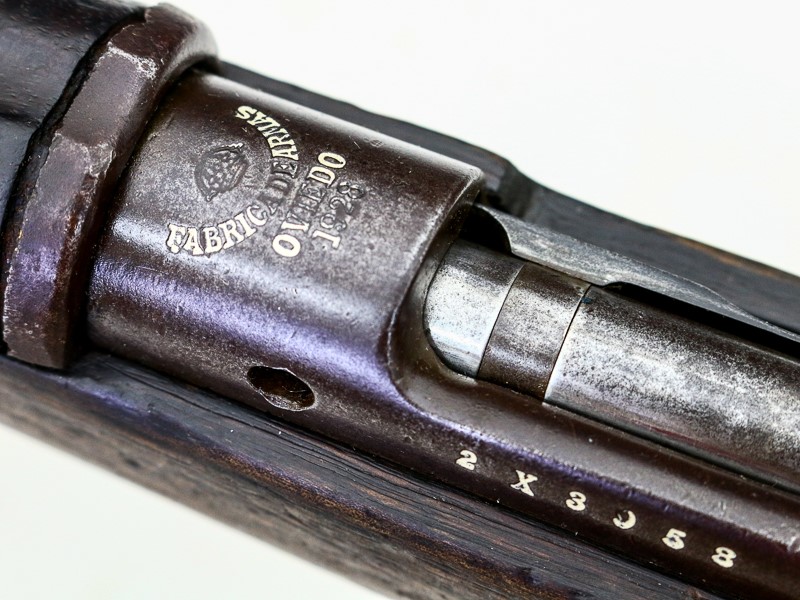
At the same time, they adopted spitzer profile bullets. Don't use American made 7x57mm factory cartridges in a Model 1893.Īs slower burning powders became available after WW I, the Spanish increased the diameters of the bullets they loaded - but they kept the chamber pressures low. American factory 7x57mm cartridges are loaded to a maximum average pressure of 46,000 cup with a probable upper bound of 48,900 cup. Several references I have seen in the Spanish language indicate that the maximum chamber pressures of Spanish military loads were held to 2,500 bar maximum, or about 36,000 cup. The Spanish loadings for the 7x57mm cartridge at the time most Model 1893's were made was a relatively low pressure loading, and pressures were further reduced by the oversized groove diameter.

Slugging your bore to determine its groove diameter is well worth the effort. These rifles shoot long 175 grain, 0.284 inch diameter bullets fairly well, but do not shoot lighter, shorter 0.284 inch diameter bullets well at all.

Most Spanish produced Model 1893's will have 0.287 - 0.288 inch groove diameters, which is significantly larger than the 0.284 inch diameter bullets available to American handloaders. There are several issues with loading and shooting Model 1893's, at least from the American perspective.


The bolt cracking in each case seemed to have occurred after the rifles arrived in America. I have never encountered cracked receivers in original Spanish rifles, but I have seen cracked bolts. You must have the headspace of your rifle checked by a competent gunsmith, and both the bolt and the receiver MT (magnetic particle) tested before you shoot it. The Spanish Model 1893 Mausers do not have the safety lug introduced in the Mauser Model 1898 rifle action. A matching number Spanish Model 1893 rifle or Model 1916 carbine should be safe to shoot after it is inspected, with several caveats:


 0 kommentar(er)
0 kommentar(er)
